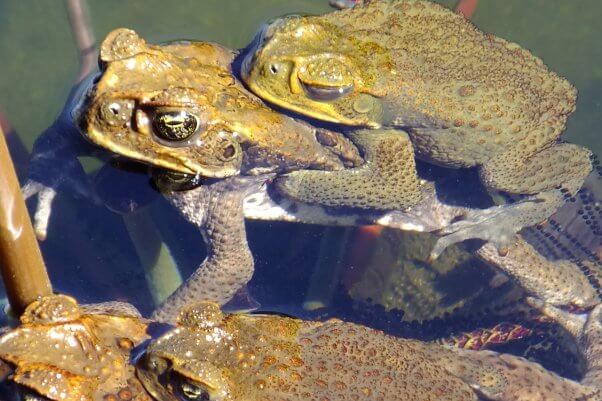PETA has just obtained court documents revealing that the state of Oklahoma is suing Jeff Lowe—operator of the Greater Wynnewood Exotic Animal Park (G.W. Zoo), now branded as “Tiger King Park”—over delinquent sales taxes, seeking repayment of at least $50,274.01 and injunctive relief, including that the park cease operation. And because Lowe has continued to operate and collect revenue, even though his sales tax application was denied on May 1, he also faces criminal penalties of up to $5,000 in fines and up to one year in the county jail.
The lawsuit is the latest in a long list of legal troubles for Lowe. He is also a defendant in an ongoing PETA Endangered Species Act lawsuit challenging cruel big-cat cub petting, he just lost ownership of the G.W. Zoo property to Carole Baskin of Big Cat Rescue, and in July, he will face another hearing in Las Vegas relating to charges of possessing exotic animals and operating a business without a license.
“Jeff Lowe is a felon who may very well follow Joe ‘Exotic’ behind bars,” says PETA Foundation Deputy General Counsel for Captive Animal Law Enforcement Brittany Peet. “The state of Oklahoma can hold him accountable for his taxes—PETA will see him in court to hold him accountable for exploiting big-cat cubs.”
Lowe’s charges in Las Vegas followed a 2017 PETA complaint relating to his unlicensed big-cat cub operation, after which authorities raided his home and seized two big-cat cubs and a lemur. He previously pled guilty to felony mail fraud for posing as a domestic violence charity to get marked-down products for his business.
PETA—whose motto reads, in part, that “animals are not ours to use for entertainment”—opposes speciesism, a human-supremacist worldview. For more information, please visit PETA.org.
The post State Sues G.W. Zoo Owner for at Least $50,000 in Back Taxes appeared first on PETA.







